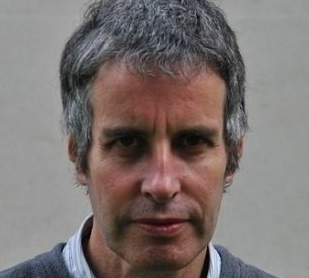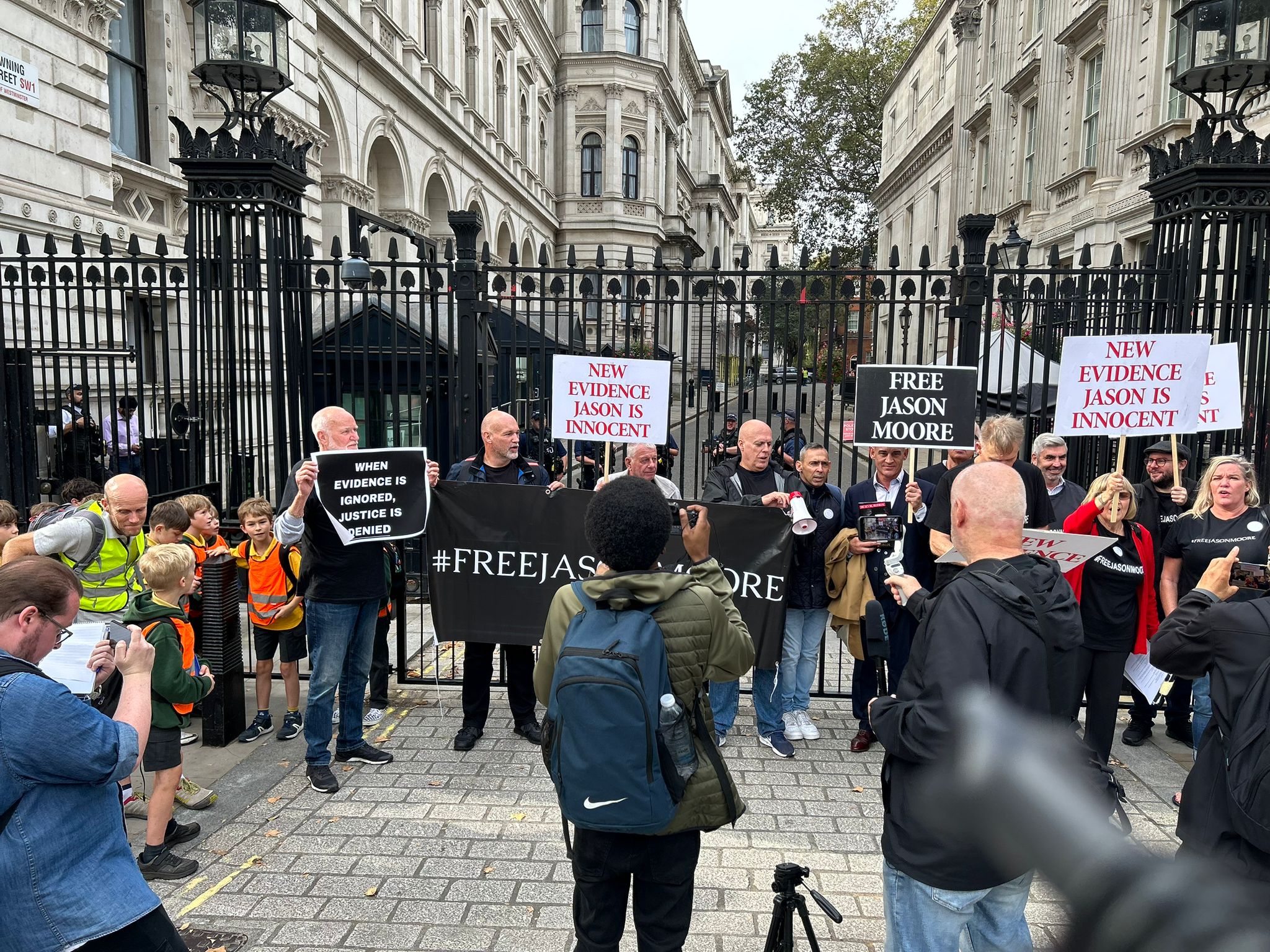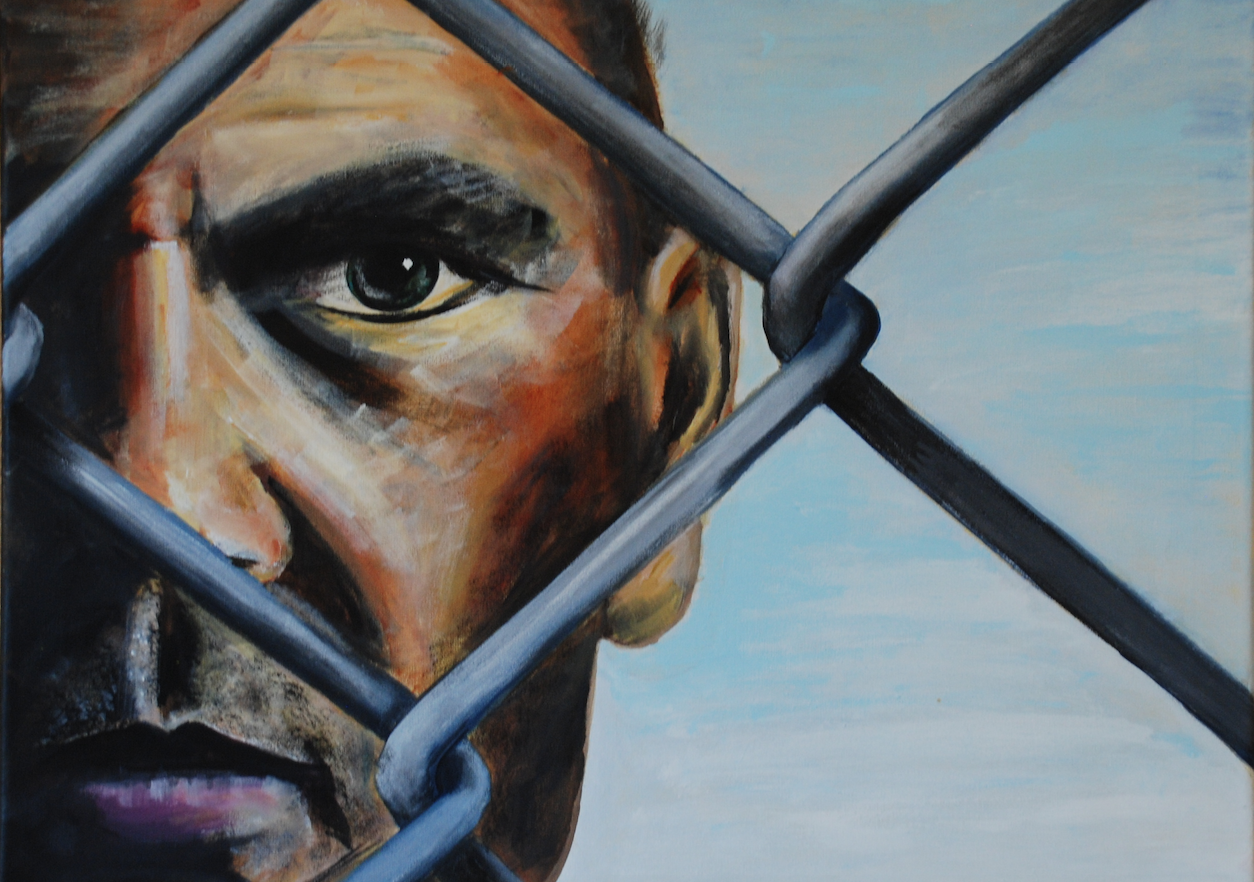In his article of 9th February 2024 on the Justice Gap, “If Justice were a delusion, it would not be worth fighting for,” Here Francis Fitzgibbon KC initially suggests that I now think that the justice I have campaigned for is a mere delusion. More accurately, in the next sentence he recognises that the delusion is in the unquestioning faith in the system. The second position is the correct one. It is indeed “sad and alarming” as Francis puts it, that we in the Cardiff innocence project have reached this position. I hope in articles to follow that the reason for this despair will become clearer.
We need laws and law enforcement agencies, but they need to be there for public protection; we should not need protection from them. We need principles of law and of policing and legal practice, but these need to be observed, not ignored when convenient. We also need excellent and dedicated lawyers who can do their best within the system to achieve justice. Fortunately, there are many admirable examples of such lawyers, and I would certainly include Francis Fitzgibbon among them. The justice we campaign for is not a delusion; the delusion lies in the common belief that the system lives up to its principles. In our innocence project work we frequently see that, despite the best efforts of some people working in the system, it is failing to do so, and we can no longer pretend otherwise.
It is right that justice is hard to define. I do not deny that it exists as a concept, even though it has different meanings for different people: is it at one extreme the draconian “an eye for and eye”, or at the other extreme, the humanitarian “let he who is without sin cast the first stone”?
In terms of our legal system, it is not justice itself that is the delusion; the delusion lies in the faith shown in our institutions which in so many respects fall short of their own claims about fairness, proof, proportionality, and decency. “The Justice Delusion” is not comparing our secular system with the ideal as Francis suggests. The delusion is to attribute standards and values to a system that does not, in many respects, reflect those standards and values. Worse still, the delusion is to actually believe that it does.
This realisation comes about when innocent people find themselves convicted on unreliable or hardly existent evidence, on the evidence of plainly dishonest witnesses, on biased case constructions or gross omissions from the trial evidence. Then even more starkly, when they are informed, if we can find a humane way to break the soul-destroying news, that the appeal system is not interested in innocence but only in the obscure concept of “safety”– largely in practice meaning “have the rules been broken?”. Of course, we should not base the appeal system on the need to establish innocence, as proving that can often be impossible, so in that sense safety is a better test. However, there are two caveats to this.
- We should not disregard evidence of innocence just because there are no accepted “legal arguments” or because an inevitably fallible jury decided otherwise.
- In today’s criminal justice system, it often doesn’t seem to matter if procedures and principles have not been followed, because the conviction has to be “safe” not necessarily “satisfactory” (technically, since the 1995 Criminal Appeal Act, but increasingly so in practice, in our experience).
Many of our clients go to the prison library and study law books, then write to us pointing out how the rules were broken in their case. They often have a point and it’s hard to tell them that it doesn’t work that way – it’s “case-specific”, judges’ discretion or simply not important enough to make any difference.
That however is relatively easy compared to having to explain to people that the evidence of their innocence is not going to help them, because you did use, or could have used, it at your trial (even if your lawyers advised you not to).
It is even harder still to explain to them that the reason for this is the need for “finality”. Where miscarriages of justice are concerned, one thing that we should have realised by now is that finality should not be traded off against justice. For the victims of injustice finality is social or actual death (so far at least five of our clients have died before completing their sentence). No-one wrongly convicted could ever think that finality is a good thing: for contemporary evidence of this, ask Andy Malkinson or the Post Office sub-postmasters. Finality is however good for helping us forget our responsibility for the failings of the system.
Francis states, rightly, that if justice were a delusion, it would not be worth fighting for. Absolutely right – what is worth fighting for is to stop ‘institutional justice’ being reduced to a delusion. For what it’s worth, I have no plans to give up the struggle: justice is worth fighting for.








